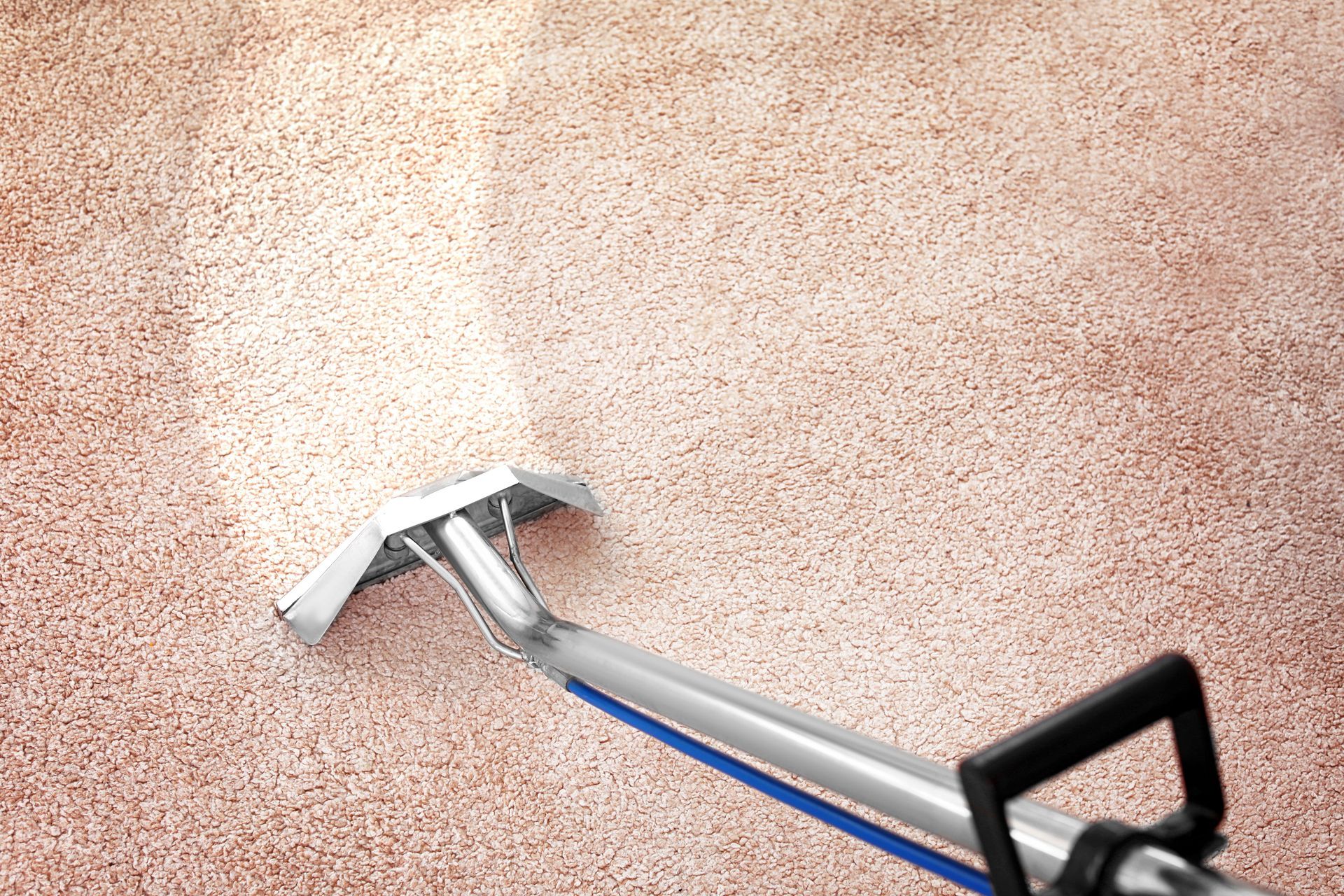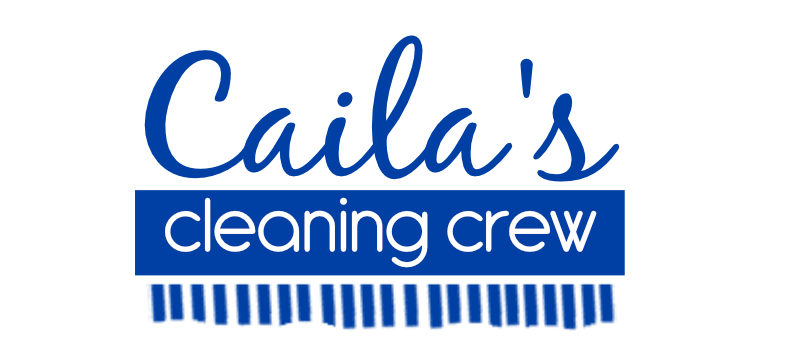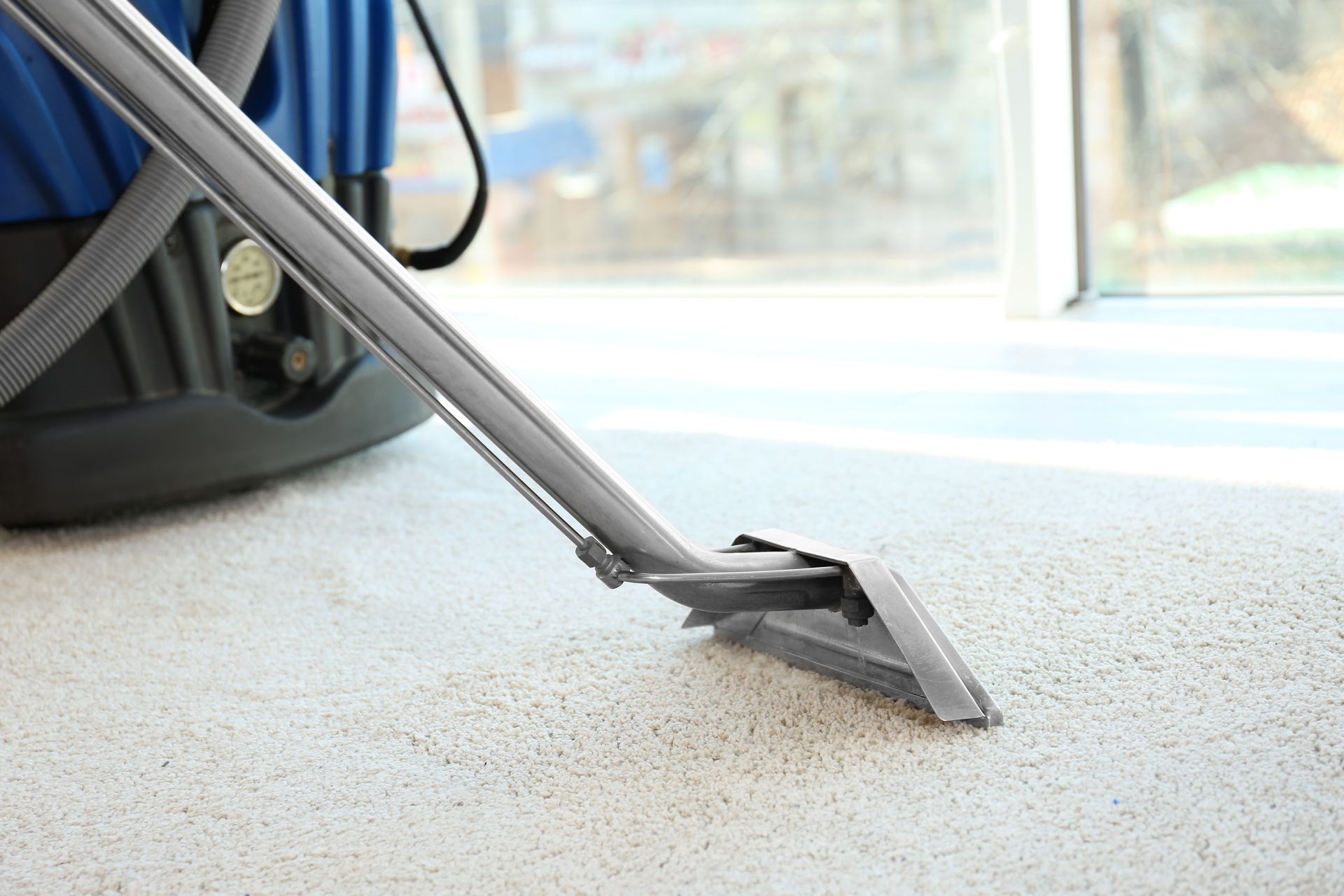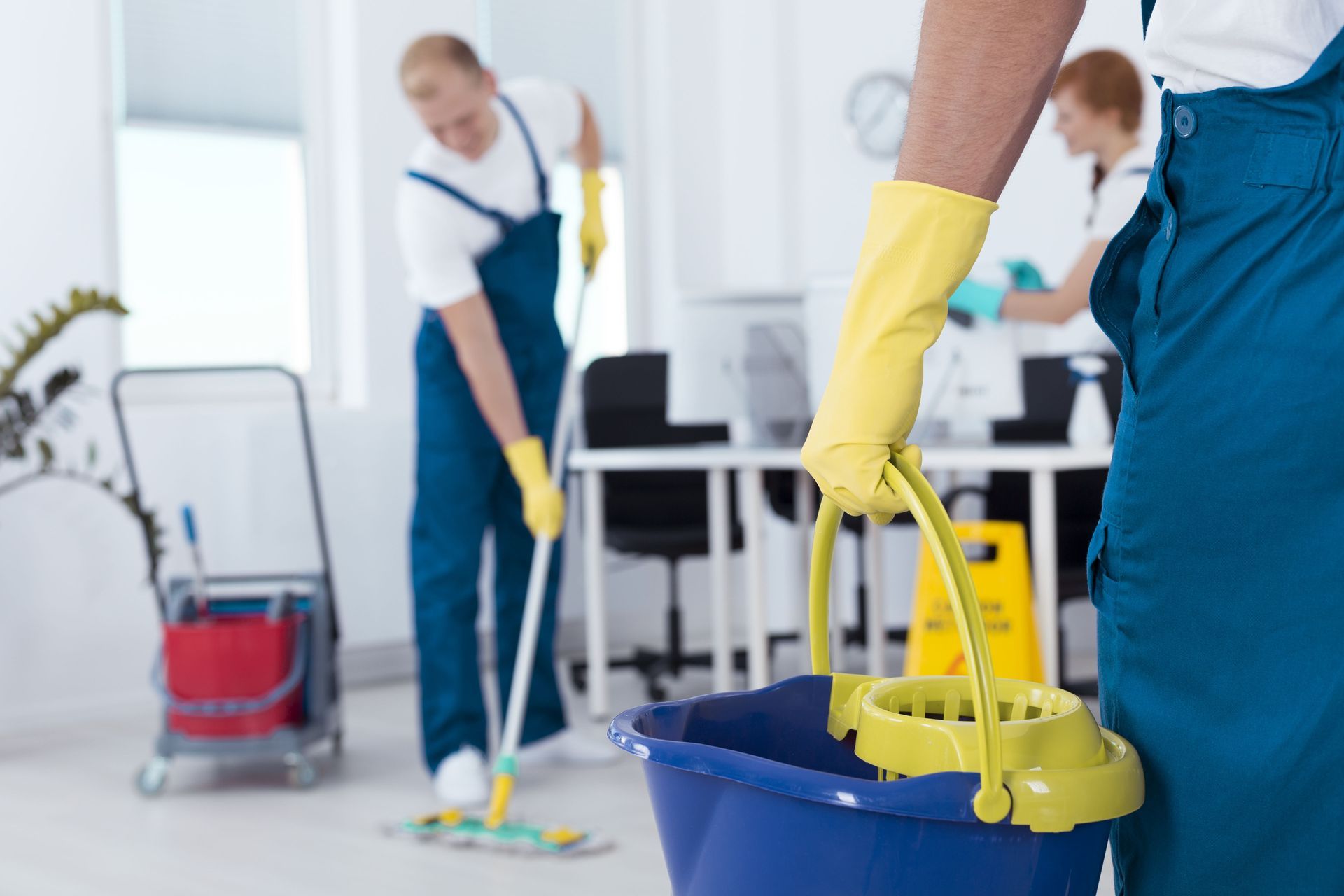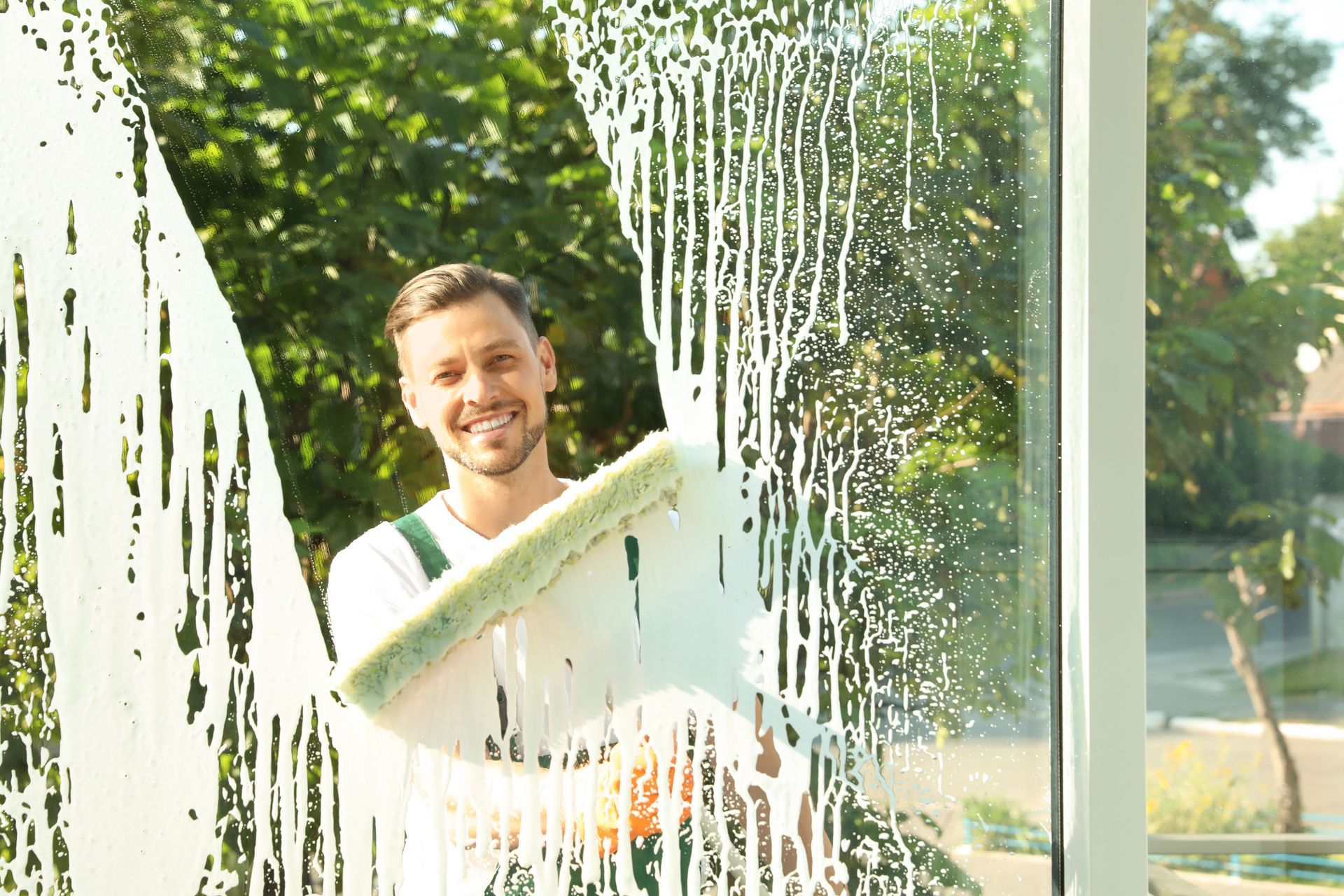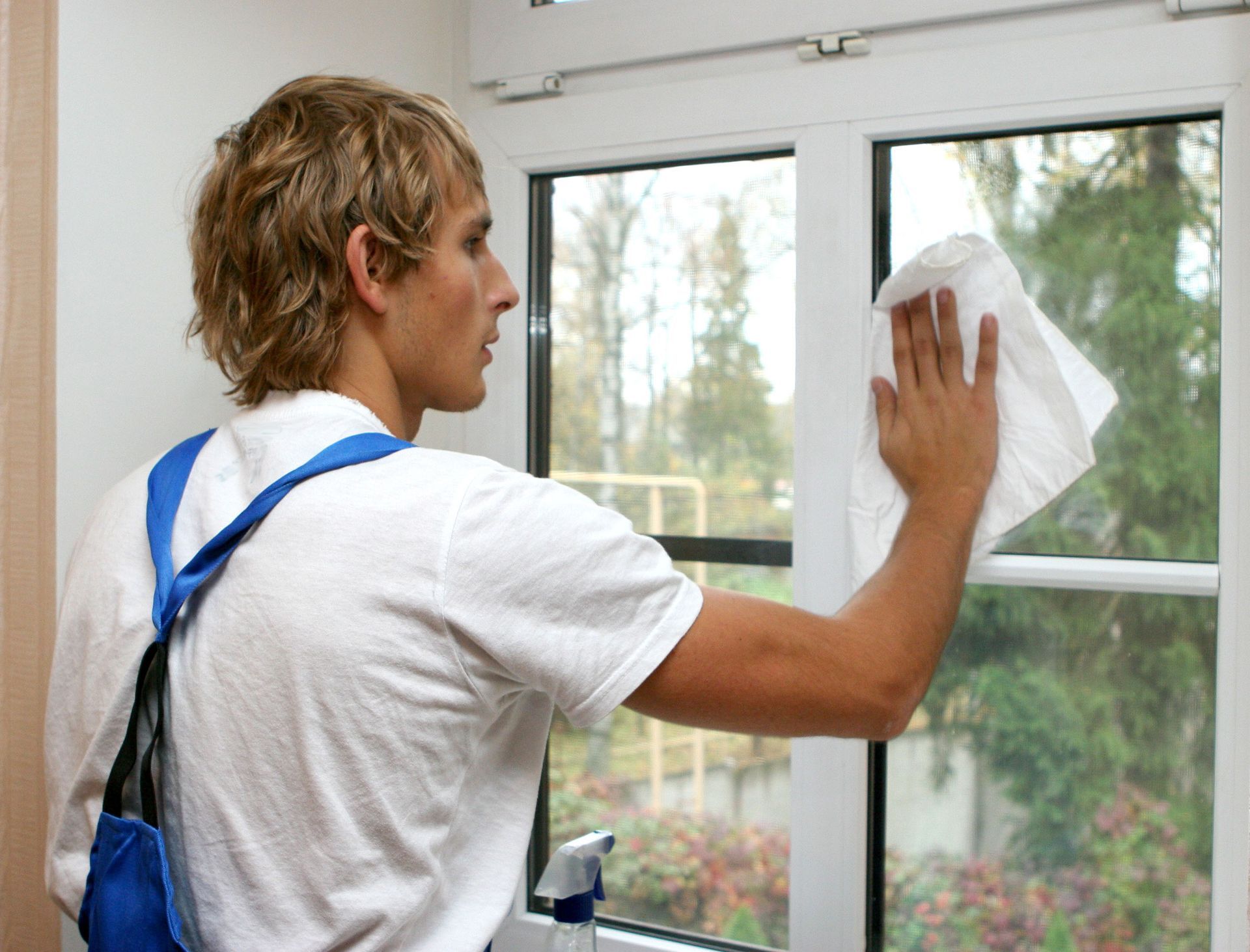Highlights:
- Explain the best times to book cleaning before/after moving out
- Reasons why timing matters (landlord inspections, new tenants, move schedules)
- Checklist of cleaning tasks tied to scheduling
- Tips on coordinating with movers, leases, and refundable deposits
- “Move-out clean” timeline with buffer days for inspections
Moving is always a whirlwind—boxes, checklists, deadlines, and the ever-lurking fear of losing part of your security deposit. But knowing exactly when to schedule your move-out clean can simplify your timeline and reduce stress. Choosing a trusted residential cleaning company for a move-out ensures your space is spotless before inspection, helping you meet lease requirements and leave on a high note.
Timing your move-out cleaning strategically not only helps guarantee a thorough job but also gives you a buffer to handle any last-minute touch-ups or unexpected issues. Scheduling your cleaning after most of your belongings are gone—but before the final walkthrough—allows cleaners full access to every surface without obstruction. This approach maximizes the effectiveness of the service and increases your chances of a smooth, hassle-free handover with your landlord.
Understand Your Lease and Inspection Window
Always start with the fine print. Your lease agreement usually spells out important details about when you must vacate the property and whether a formal final inspection is required. Knowing these dates is essential to scheduling your move-out cleaning effectively. Ideally, you want to plan your cleaning after the large furniture and most of your belongings have been removed but before the final walkthrough or inspection takes place. This ensures cleaners can access every nook and cranny without obstacles, helping to deliver a deeper, more thorough clean.
- Tip: If your lease ends on the 30th and the inspection is scheduled for the 29th, it’s best to plan your cleaning for the 28th or the morning of the 29th to allow enough time for any last-minute touch-ups.
Buffer time is key—it gives you wiggle room in case the cleaners miss a spot or you notice an area that needs a quick refresh. You don’t want to be caught rushing at the last minute or risking your security deposit due to incomplete cleaning.
According to
Zillow, many landlords conduct their final inspections within 24 to 48 hours of receiving the keys. Timing your cleaning right before this window significantly increases the chances that your space will pass inspection without issue.
Should I clean before or after movers come?
Always clean after the movers leave. That way, you avoid cleaning areas that will just get dirty again.
What if my cleaner can’t come after I move out?
Consider adjusting your move-out date or asking your landlord if cleaning can happen on the final day.
Can I just clean the place myself?
Yes, but a residential cleaning company for a move-out ensures a thorough job—especially on tough areas like baseboards, inside appliances, and grout.
Sync Your Cleaning with Moving Day
You don’t want your cleaning crew working around movers—or worse, having to re-clean dirty floors and surfaces after heavy lifting has scratched or dirtied them again. Scheduling your residential cleaning company for a move-out at the optimal time can save you both money and stress. The best moment to bring in professional cleaners is shortly after the last box and all large items have been removed. This way, the cleaners have unobstructed access to every corner, allowing them to deep clean floors, walls, windows, and appliances without interference or risk of damage. Coordinating cleaning around your moving schedule also ensures your space is pristine and ready for final inspection without needing multiple visits.
- Movers in the morning? Schedule cleaning in the afternoon to avoid overlap and allow sufficient time for your belongings to be cleared out.
- Movers on Monday? Book your cleaning team for Tuesday morning so the space is completely empty and ready for thorough cleaning.
According to Utility Profit, move-out cleaning is significantly more efficient and effective when rooms are completely empty and all utilities—such as water, electricity, and gas—are still turned on. Keeping utilities active allows the cleaning team to use equipment like vacuums, steam cleaners, and washing machines without interruption. This helps guarantee that your property is spotless, which can be crucial to passing a landlord’s inspection and securing your full security deposit back.
Which Days Work Best for Scheduling?
The day of the week you schedule your move-out cleaning can impact both availability and efficiency. Midweek days like Tuesday through Thursday tend to be the most flexible, as cleaning crews often have more open slots and can spend extra time on your home. Fridays are also popular since many people move on weekends—but that also means schedules fill quickly, so early booking is essential. Sundays might feel like a quiet opportunity to clean before Monday move-outs, but not all companies operate on Sundays, so always check ahead.
If you’re working with a residential cleaning company for a move out, ask them about peak days in your area and book well in advance, especially if you're planning your clean around a lease deadline or inspection. For those in Lee’s Summit, MI, securing a spot with Caila’s Cleaning Crew midweek can give you the most breathing room.
Did You Know?
Did you know many landlords use a professional checklist to judge cleanliness? According to
Baselane, forgetting tasks like wiping ceiling fans or cleaning vent covers can cost you part of your deposit—even if everything else is spotless.
Create a Move-Out Cleaning Game Plan
Once your house is empty, here’s how to approach a thorough clean:
- Kitchen – Wipe inside cabinets, clean appliances, sanitize counters
- Bathrooms – Scrub tubs, toilets, tile, and mirrors
- Living Areas – Dust ceiling fans, blinds, and vents
- Floors – Vacuum and mop all rooms
- Walls/Baseboards – Remove scuffs and dirt with gentle cleansers
- Windows/Doors – Spot clean glass and handles
Let your residential cleaning company for a move-out know if any appliances or built-ins need extra attention. They may offer add-ons like oven or carpet cleaning.
Coordinate With Your Cleaning Company
Once booked, confirm key logistics:
- Entry Details – Will you leave a key or meet the crew?
- Cleaning Scope – Ask for a checklist of included services
- Timing – Allow 3–5 hours depending on the size of the property
- Supplies – Most pros bring their own, but ask just in case
A high-quality residential cleaning company for a move-out will gladly work with your schedule, and they should provide documentation or receipts you can share with your landlord as proof of cleaning.
Move-Out Cleaning Timeline
Here’s a general schedule you can follow:
- 3–4 Weeks Before: Confirm move date and get cleaning quotes
- 1–2 Weeks Before: Book the cleaner and confirm the walkthrough date
- Day of Move: Pack everything and remove large items
- Next Day: Cleaning crew comes in
- Final Day: Do a walkthrough and return keys
By keeping 24–48 hours between moving and inspection, you give your cleaning team and landlord the best possible outcome.
What if I need to reschedule last-minute?
Most cleaning companies will accommodate changes if you give 24–48 hours’ notice.
Will the cleaner handle trash removal too?
Some do, but it’s best to ask. Basic packages may not include hauling out garbage.
Can they clean a partially furnished space?
Yes, though empty rooms allow for deeper, faster cleaning.
Final Thoughts
Timing is everything when it comes to moving. Scheduling your clean too early can lead to a dirty home again after the movers leave, while scheduling too late can risk missing your inspection window. The safest option? Book a trusted residential cleaning company for a move-out right after you move your items but before your lease ends. If you're in Lee’s Summit, MI, Caila’s Cleaning Crew offers prompt, professional services that take the hassle out of move-out cleaning. Give yourself peace of mind and a stronger chance of getting your full security deposit back—without lifting another broom.
